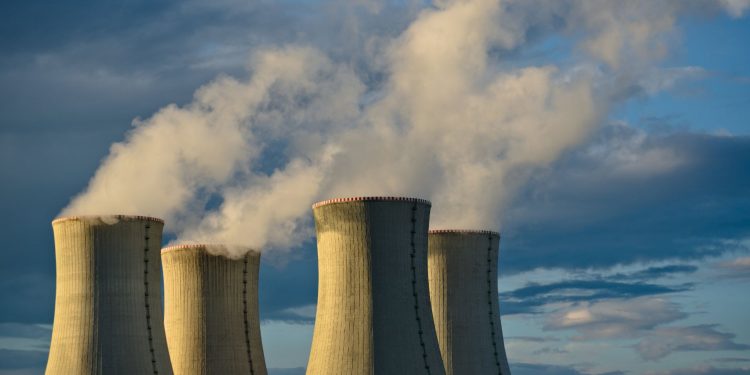RelatedPosts
Ghana Taps China’s CNNC, US-Based NuScale for Nuclear Power Push
Ghana has selected China National Nuclear Corporation (CNNC) and U.S.-based NuScale Regnum Technology as key vendors in its bid to develop nuclear energy, a move seen as a major step toward diversifying the country’s energy mix and achieving its net-zero emissions target by 2050.
The decision underscores Ghana’s push to transition away from fossil fuels and strengthen energy security amid rising demand. Government officials argue that nuclear power will provide a stable and cost-effective electricity supply, complementing the country’s existing renewables and addressing gaps in hydroelectric generation.
Financing and Strategic Partnerships
The selection of CNNC and NuScale reflects Ghana’s preference for vendors that offer financing mechanisms designed to mitigate the fiscal burden of nuclear integration. While nuclear projects require substantial upfront investment, authorities maintain that long-term costs will be competitive with hydroelectric power.
“We have exhausted our hydro potential, making nuclear a necessary next step,” said Dr. Robert Sogbadji, Deputy Director of Power, Renewable, and Nuclear Energy. “These partnerships will allow Ghana to integrate nuclear power in a sustainable manner, without undue economic strain.”
Safety and Regulatory Oversight
The project will be subject to regulatory supervision from the International Atomic Energy Agency (IAEA), with officials emphasizing that modern nuclear plants incorporate advanced safety mechanisms capable of real-time risk recalibration.
Despite these assurances, the plan has met resistance from civil society groups, including 360 Human Rights, SYND Ghana, and Earthlife Africa, which argue that nuclear energy remains costly, environmentally hazardous, and prone to catastrophic failures. Citing past disasters such as Chernobyl and Fukushima, critics question whether Ghana has the infrastructure and expertise to manage nuclear power safely.
Regional Context
Ghana joins a growing list of African nations exploring nuclear power, including Egypt, Rwanda, Sudan, Kenya, Nigeria, and Burkina Faso. With demand for reliable electricity surging across the continent, nuclear energy is increasingly viewed as a viable long-term solution, despite concerns over financing, waste disposal, and geopolitical dependencies.
While Ghana’s nuclear ambitions signal a bold shift in energy policy, success will depend on securing sustainable financing, managing public concerns, and ensuring rigorous regulatory compliance.







